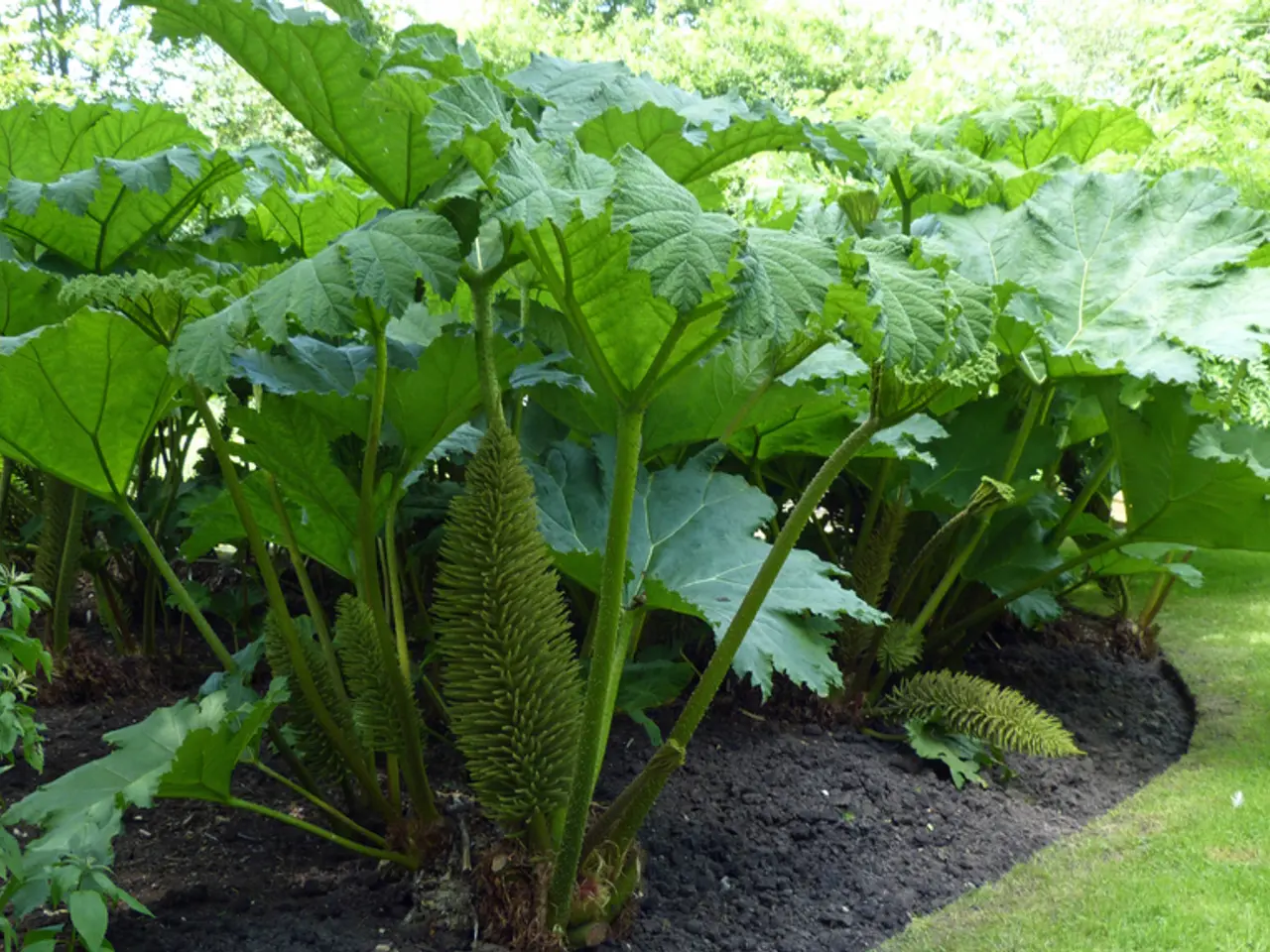Exploring the Unseen Advantages of Soil for Plants: Going Deeper Than the Fundamentals
The soil beneath our feet plays a vital role in supporting plant life, and one of its most essential functions is its water-holding capacity. This ability to retain water is crucial for maintaining healthy plant growth, ensuring drought resilience, and promoting efficient water use in gardening and agriculture.
**Impact on Plant Growth**
Soil with a high water-holding capacity can provide plants with a consistent supply of moisture, which is essential for healthy growth. This consistent hydration supports robust foliage and root development. Moreover, adequate water availability helps roots absorb nutrients more efficiently, contributing to overall plant health and productivity.
**Essential for Successful Gardening and Agriculture**
High water-holding capacity soils can better withstand drought conditions, reducing the need for frequent irrigation and conserving water resources. By retaining water and improving soil structure, the risk of soil erosion and runoff is minimized, helping preserve topsoil and the nutrients it contains, which are vital for continued plant growth.
Soils with improved water retention require less irrigation, reducing water usage and costs. This is particularly important in regions with limited water resources or during droughts. Furthermore, high water-holding capacity, often linked to organic matter like soil carbon, supports microbial activity, enhancing nutrient cycling and further supporting plant health.
**Enhancing Water-Holding Capacity**
Soil additives and organic matter can enhance water retention. Organic carbon, for example, increases soil's water-holding capacity and structure, benefiting plant growth and resilience to drought. Soil additives similarly improve moisture retention, reducing the need for frequent watering and preventing soil erosion.
In addition to its water-holding capacity, soil offers other benefits. Primary minerals act as a reservoir for essential nutrients like potassium, calcium, sodium, silicon, copper, and manganese. Proper anchorage enables plants to access these nutrients and water more efficiently, ensuring their stability, growth, and overall health.
Soil's pore spaces allow water and air to reach the plant roots, facilitating the uptake of nutrients. The soil provides anchorage for plants, and organic matter in the soil can increase its water-holding capacity, further enhancing its benefits for plant life.
In conclusion, the soil's water-holding capacity is a vital factor in maintaining healthy plant growth, promoting drought resilience, and ensuring efficient water use in gardening and agriculture. Understanding and improving this capacity can lead to more sustainable and productive gardens and farms.
- Improving the water-holding capacity of your soil is essential for successful home-and-garden projects as it ensures a consistent supply of moisture, encouraging healthy plant growth and robust foliage.
- By enhancing the water-holding capacity of the soil in your home-and-garden through the use of organic matter, you can reduce the need for frequent irrigation, conserve water resources, and support microbial activity, thereby further improving plant health and productivity.





